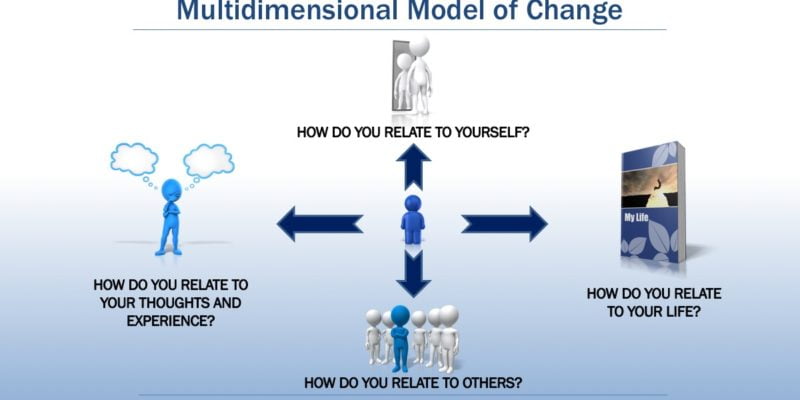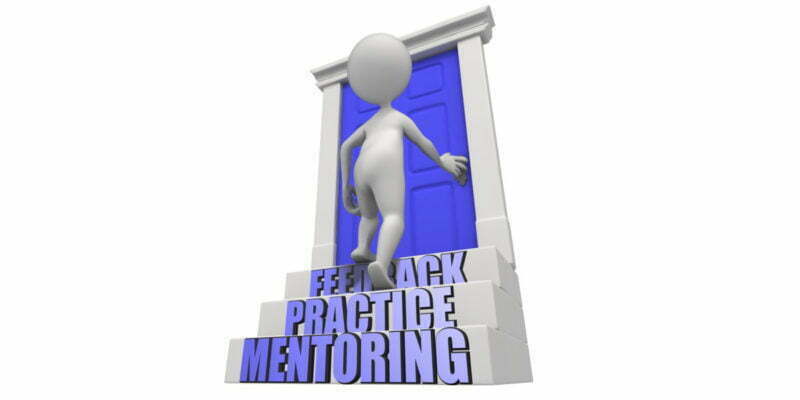Emotional Safeness Therapy (EST) is a new integrative treatment for recurrent depression and co-occurring personality problems. The EST has been successfully implemented and run as group therapy over three years (2015-2018) at an outpatient unit of the Akershus University Hospital in Norway. You can read more about the work on the development and implementation of […]
The Multidimensional Model of Change – a new way of structuring psychotherapy
Multidimensional Model of Change (the MMC) is a meta-theoretical framework for structuring psychotherapy. The Model has been used as a basis for the development of an integrative group treatment for depression, called Emotional Safeness Therapy (EST). The EST has been implemented and successfully run by our team at the Akershus University Hospital, the major Norwegian […]
How not to learn psychotherapy – a tale from a near-life experience
As some of you probably noticed from my posts on Facebook, I spent the first half of August in the hospital, where I went through two life-saving surgeries. Unfortunately, the second one was caused by a serious medical error committed during the first one. In this way, I was given an opportunity to personally and […]
EST Project – Development of Multidimensional Model of Change and Emotional Safeness Therapy
The article delves into the organizational origins of the EST Project, which ultimately led to the creation of the Multidimensional Model of Change (MMC) and Emotional Safeness Therapy (EST). Initially conceived as a metatheoretical framework, the Multidimensional Model of Change aimed to integrate various psychotherapeutic approaches into a single, well-structured intervention. This model was utilized […]
On becoming a therapist: choosing your ground
As I wrote in my previous article, the therapeutic process starts long before the client knocks on our door – it starts when we adopt our professional and therapeutic stance. Therapeutic stance begins to crystalize at early stages of the professional training, but some of its underpinnings might be traced even deeper in our personal […]
Did your supervisor tell you that? On re-learning psychotherapy
While delivering workshops I’m often asked to teach exercises and demonstrate protocols. Even participants who have no previous knowledge of the presented approach want to learn some techniques. This interest seems to be quite natural when the audience consists of practitioners. After all, our overarching goal is to serve our clients effectively, and not all […]
How to learn ACT (or any psychotherapy)?
How to learn ACT is a really good question. Paradoxically, despite the title, I do not intend to answer the question in this article, because before being able to tell “how to learn?”, we must ask a more fundamental question “what to learn?”. So, let’s do first things first! CURRICULUM Almost every therapeutic approach has […]
Twelve rules for managing conflicts in groups
In the past three years I’ve been increasingly engaged in working with groups, both as a therapist and as a supervisor. Conflicts in groups are inevitable and as a group leader you must be prepared to face them. In this post I suggest twelve basic rules that will help you navigate through a group conflict, […]
Pursuing therapeutic excellence in ACT through deliberate practice
Besides my usual clinical work, I deliver introductory ACT workshops to many hundred participants each year. I always wonder what happens with these people afterwards. How many of them include ACT in their clinical work on a regular basis? How many of them become real ACT therapists? Some of participants say that they have already […]
Ripples on water – choosing your values
Imagine yourself seated in a boat, preparing to embark on a journey. What do you think is absolutely essential before hoisting the anchor? Indeed, you need a course—a specific direction in which to sail. Without a clear destination, you’ll drift aimlessly at sea. When a boat drifts, the wind, not the captain, determines its course. […]









